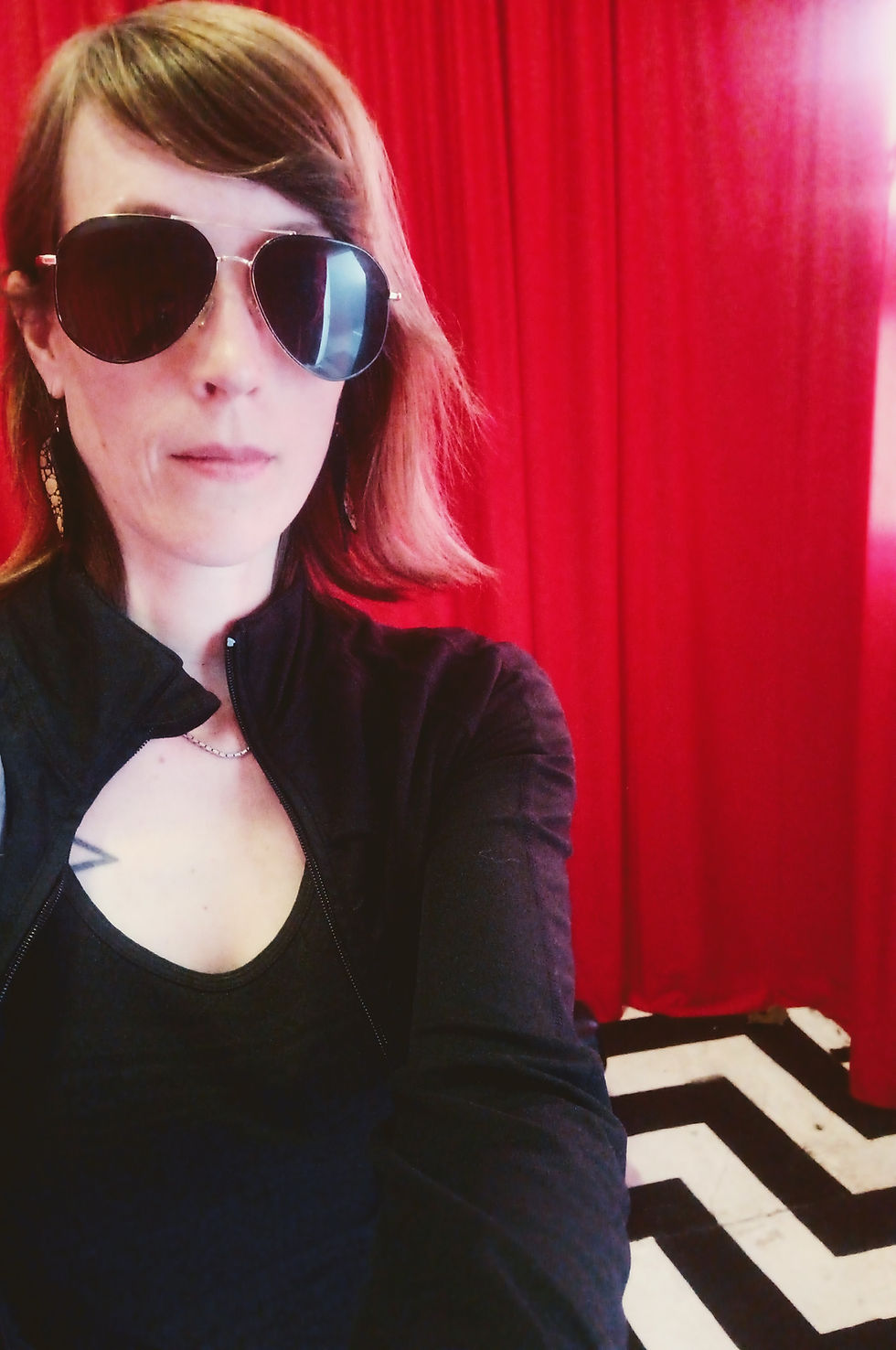Catch Up with the Editors: Fawn, Senior Editor
- Dina

- Jul 14, 2025
- 3 min read

Senior Editor and Marketing Manager Fawn shares some of her thoughts about the past year of working on Weird Lit Magazine, including the golden rule of publishing, advice on how to dig deep for weirdness, and the importance of strengthening community between creative weirdos.
What have you learned in the first year of WLM?
Running a lit magazine is a lot of work, at least, it is to do it well. It takes a team with different skillsets and lots of willingness to collaborate and delegate.
What’s been the most rewarding thing about running a literary magazine?
Being able to offer authors publicity and exposure in a supportive and creative community has been my absolute favorite thing. When we are thinking about how to communicate and treat our submitters and our contributors, I always lead with how I would want to be treated myself as an author who also writes, submits, and regularly has my work rejected or accepted. I want more lit mags to do better for their authors, so that’s been my goal: to set that example, make someone’s day or month or year; and hopefully have that passed on.
Favorite story you’ve published so far, and why?
It’s impossible to pick just one, so I have three: “Vivanaut” by Amanda Mitzel from our Winter 2024 Issue; and two from the issue we just published: “30/30 Rule” by Nomi McLeod, and “Yellow Feather” by Mish Gajewski-Zambataro. All three feature really brilliant signature voices and thoughtful introspection from female characters experiencing the world in strange and raw ways.
What moods or genres of short fiction are you excited by?
Dystopian and dark fiction are my jam, especially when they’re written in unexpected voices or have highly developed settings. But I also like to be surprised. Please surprise me.
What advice do you have for submitters who want to have their work published in WLM?
Two things: first, reach deep for that weirdness, and let it emerge fully. If you don’t have it inside yourself, seek weirdness outside yourself and share what you’ve found out there with all the detail you can. Second, polish the shit out of that language. As best as you can, and maybe have someone else support you there (an editor, a writer friend, a first reader). As a rule, we do not accept stories that require more than a light copy edit, so it’s important that your work is ready.
What is a really hard sell for you in a submitted story?
Stories about writers, writing, or academia. These are things that can often feel exclusive, and sometimes come off as too ego-based. I say this as an author and editor who loves nerding out about writing and spent some years deeply immersed in academia. But I want to read about the world outside my office, thank you. And there is a world going on out there. Please bring bits of it to me.
Is there a word or phrase that you wish writers wouldn’t use, and why do you feel that way?
Almost anything you would never say out loud. Like the word “chortle” or “roil.” Both of those trigger in me a worry that the prose is overworked.
Unpopular opinion about writing or publishing, go:
Most editors are afraid to take risks. Or, they only want the riskiest stuff for shock value, so there’s nothing left in that between space. There is so much value in that middle that gets missed.
What are your goals for the next year of Weird Lit Mag?
Develop and grow our community! We know there are more creative, thoughtful weirdos out there who want to share their work, and many more that want to read that work and root its value in their life. I want to do more in service of cultivating the wonderful art that is actively being suppressed and removed from the world. Weird communities are disappearing, hell, communities are disappearing. Let’s fight back.
Fawn Ward is an author, editor, and marketing specialist based in the Pacific Northwest. She has written for multiple industries, including food and wine, agriculture, business, craft beer, manufacturing, carnivals, and luxury travel. Her poetry and prose have been published in Pictura Journal, The Ghastling, Channel Magazine, and elsewhere. She enjoys dark things, one too many adjectives, and vivid settings of the natural world (in writing and in life).



